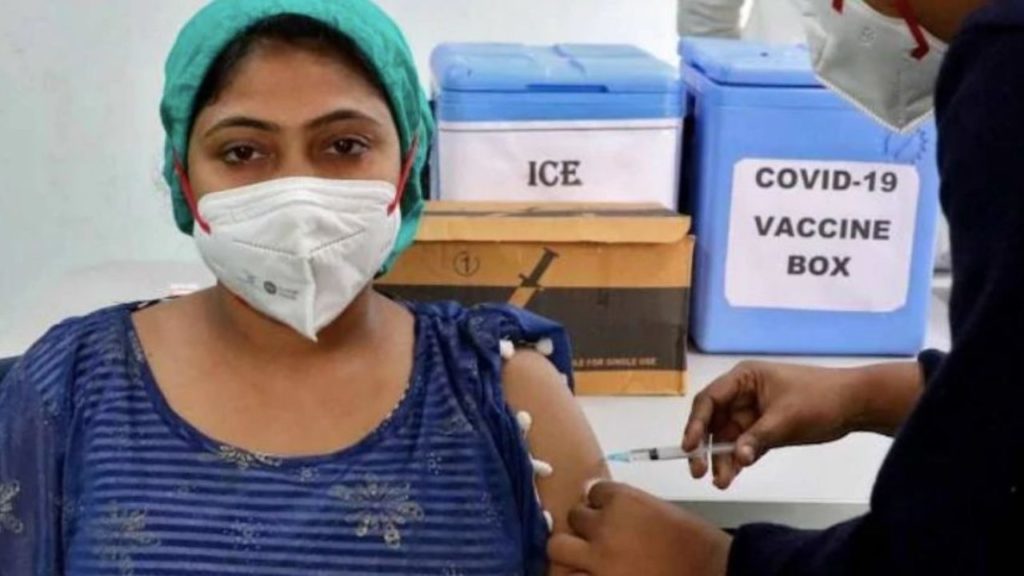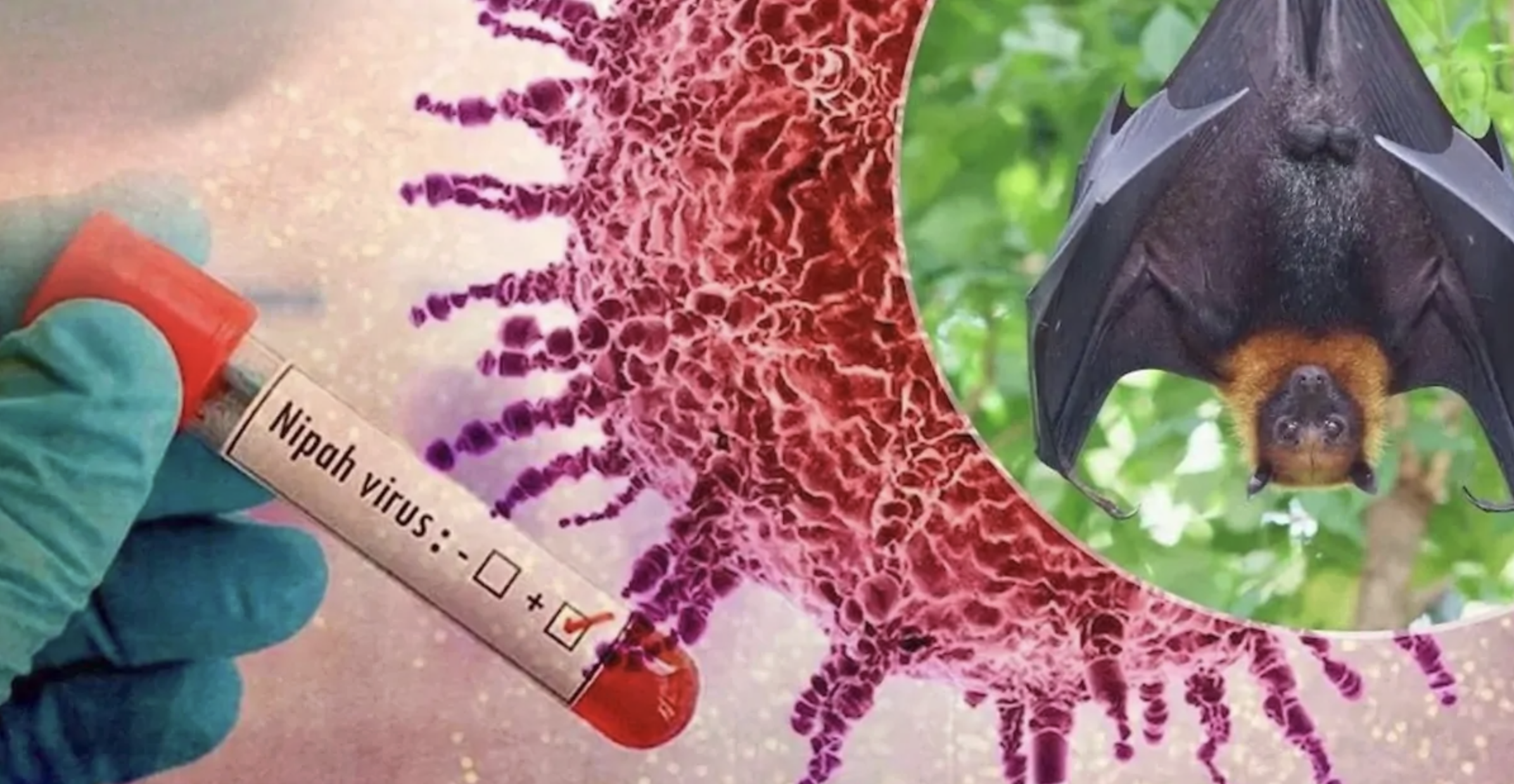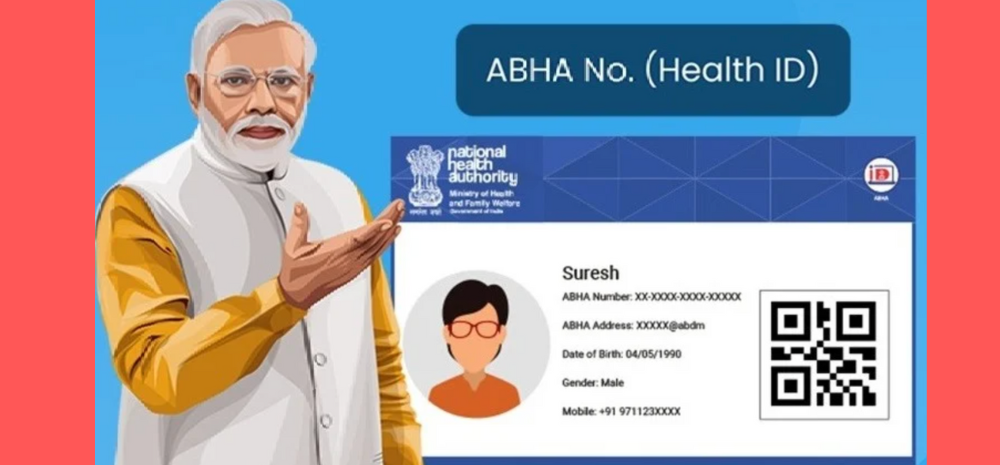The tragic death of Venugopalan Govindan’s daughter after receiving the Covishield vaccine, developed by AstraZeneca and Oxford University and produced by the Serum Institute of India (SII), has sparked a legal dilemma. Recent revelations from AstraZeneca acknowledging potential rare side effects have raised concerns among affected families.

The Case: Karunya’s demise in July 2021 prompted her parents to consider legal action against SII. Despite their allegations, a government-appointed committee found insufficient evidence linking her death to the vaccine. However, AstraZeneca’s admission in a UK court of possible adverse effects adds weight to the families’ claims.
Legal Implications: Parents, including Venugopalan Govindan, are contemplating legal recourse against SII following AstraZeneca’s acknowledgment. The revelation comes amidst ongoing legal battles in the UK, where AstraZeneca faces a class-action lawsuit over vaccine-related injuries.
AstraZeneca’s Admission: In court documents, AstraZeneca conceded that its vaccine could trigger rare blood clotting with low platelet count, validating concerns raised by affected families. This admission underscores the need for further investigation into vaccine safety and accountability.
Global Impact: The Oxford–AstraZeneca vaccine, marketed as Covishield and Vaxzevria, has been widely administered globally. However, safety concerns led to its discontinuation in the UK. The emergence of rare side effects has prompted regulatory scrutiny worldwide.
Conclusion: The Covishield saga highlights the complex interplay between vaccine development, regulatory oversight, and public health. AstraZeneca’s admission underscores the importance of transparency and accountability in vaccine distribution. As affected families seek justice, the case serves as a reminder of the critical need to prioritize vaccine safety and address concerns promptly.













